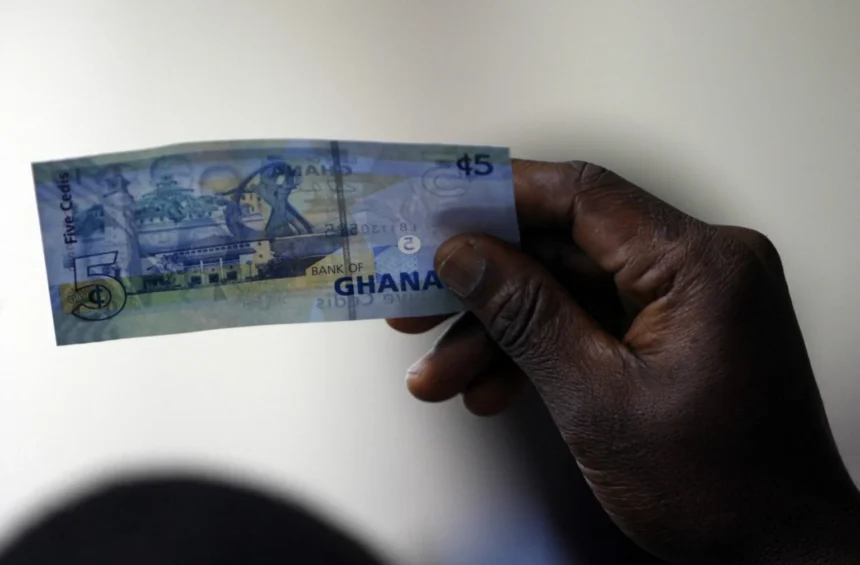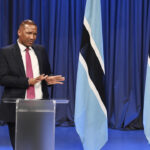The Ghanian government is clamping down heavily on private pension funds operators who want to invest in offshore assets amid concerns that such investments could heap more pressure on the cedis.
Ghana’s pension fund has witnessed a strong growth following the 2010 pension reform and the introduction of a scheme that allows private firms to manage some of the contributions.
As of June this year, pension asset management grew to 78.2 billion cedis out of which 73% are managed by 39 private pension funds. The private firms manage the mandatory and voluntary pension assets while the government owned company manage the tier one contributions targeted at monthly retirement benefits.
Most of the pension assets are invested in government securities like Eurobonds. However, private fund managers have been eager to explore offshore investment opportunities following a restructuring of 31 billion cedis under a local debt rework.
- Advertisement -
The private firms are also leveraging the law which permits them to invest up to 5% of total assets abroad. However, regulators are clamping down on these offshore investments amid concerns that it is putting pressure on the local currency. They say there must be a balance between investing pension funds abroad while protecting domestic liquidity and value appreciation.
However, private pension fund managers argue that it is hypocritical to clamp down on offshore investment while allowing foreign pension funds to invest in Ghanian assets. They also argue that this clampdown will reduce investment yield and limit value creation given the current inflation rate.
The clamp down on private pension fund managers indicate the challenge Ghana faces in restructuring its debt and protecting liquidity having seen the cedis fall by 17% in value against the US dollar in 2023. The government is hoping to retain some of the fund asset internally to boost the value of the currency and attract investors into the country.










